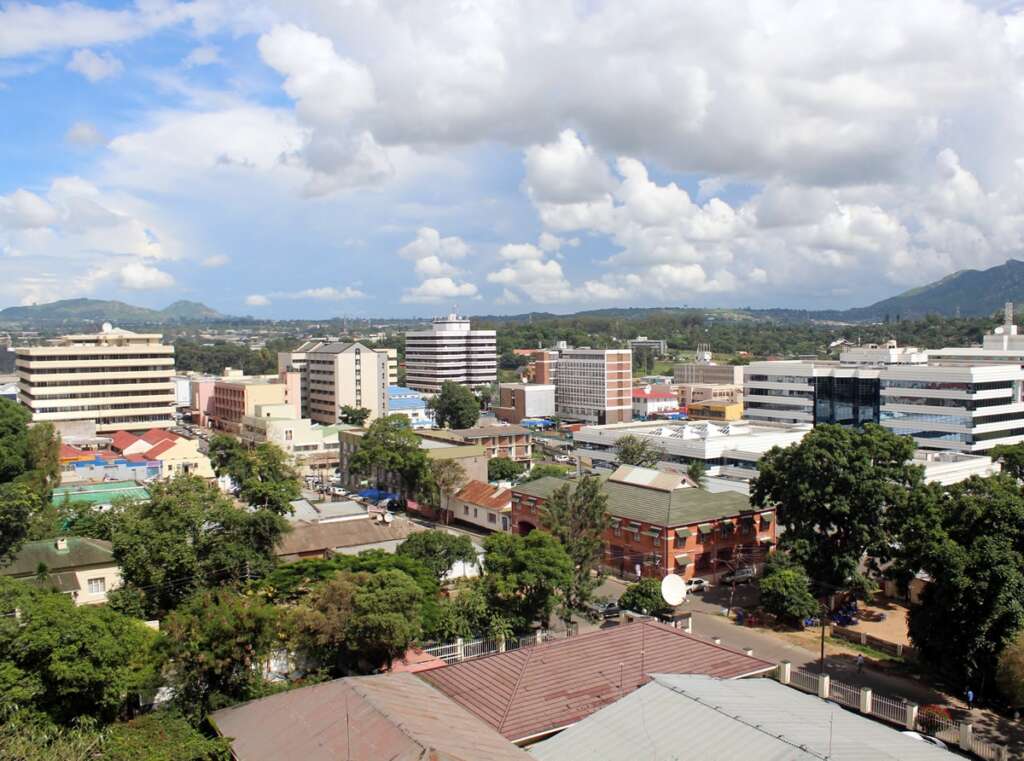MRA Contribution to National Budget Declines to Lowest in Five Years
Data from the Malawi Revenue Authority (MRA) reveals a continued decline in tax revenue contributions to the national budget, with the 2024/25 fiscal year recording the lowest share in five years at 67 percent.
According to the first edition of Malawi’s Tax Statistics, compiled by MRA, tax revenue amounted to K3.06 trillion out of K4.55 trillion in domestic revenue. This marks a significant drop from the 2023/24 fiscal year, where taxes contributed 86 percent of government revenue, equivalent to K2.19 trillion out of K2.55 trillion.
Earlier years also show a declining trend: in 2022/23, tax revenue accounted for 79 percent of total revenue, while in 2021/22 it represented 76 percent, and in 2020/21 it stood at 81 percent.
MRA Commissioner General Daniel Daka said the reduction reflects the growing availability of alternative financing sources for government operations. He highlighted that despite economic challenges—including fluctuating donor funding and global uncertainties—the authority has made significant strides in broadening the tax base and enhancing collection efficiency.
“Our commitments under the Corporate Strategic Plan 2020/26 include implementing robust revenue enhancement measures, ensuring strict taxpayer compliance, and enforcing stringent budgetary controls,” said Daka.
Domestic tax collection reached K2.208 trillion, slightly below the target of K2.377 trillion, representing a 93 percent performance. International trade taxes totalled K850.45 billion against a target of K1.04 trillion.
Income tax, at K934 billion, was the largest contributor to the 2024/25 fiscal year tax revenue, followed by trade taxes at K850 billion, Pay-As-You-Earn at K606.5 billion, domestic value-added tax at K502.6 billion, domestic excise duties at K127.6 billion, and other taxes at K37.9 billion.
Sector-wise, the financial and insurance industry contributed the largest share at 25.66 percent, followed by manufacturing at 18.36 percent and wholesale and retail trade, including vehicle repairs, at 15.83 percent.
Economic experts have linked the declining tax contributions to a combination of economic challenges and tax policies. Emmanuel Kaluluma, senior tax consultant at EK Tax Consulting, said: “Economic challenges have negatively affected revenue collection. In addition, a policy that exempts income below K1.8 million from tax means many people are not contributing, including those in high-income brackets.”
Fernando Sangwati, managing director of F2 Financial and Tax Consultant, added that reduced tax revenue limits the government’s ability to fund essential public services, including healthcare, education, and infrastructure, while increasing reliance on borrowing. He urged stronger tax enforcement and a more conducive business environment to stimulate revenue growth.
The ratio of domestic revenue to gross domestic product has also fallen, from 18.1 percent in 2024/25 to 17.1 percent in 2025/26, below the 18.4 percent target set in the 2021/26 Domestic Revenue Mobilisation Strategy.



